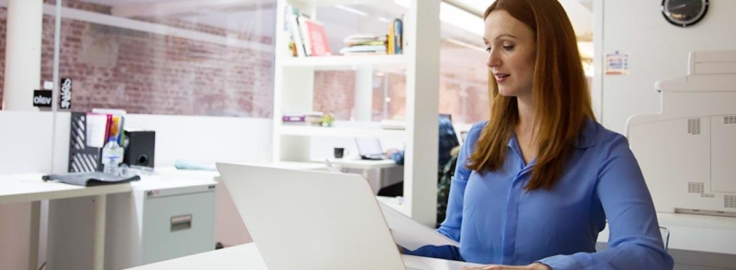By Mark Leary
Traveling with digital devices, including laptops and smartphones, is often necessary in order to stay connected while you are away from the office. While on the road, connecting to the Internet, checking email over a wireless network — even making phone calls – are risky. These day-to-day tasks can make your personal information, your company’s data, and your physical device vulnerable.
Here are tips and best practices that can keep your information and devices secure:

Physical Device Security
- Devices such as phones, laptops, flash drives, corporate cards, CDs, PDAs are especially vulnerable to theft and loss while traveling. Be sure they are turned off, secure (with password protection), and locked when unattended.
- Turn off your device when it’s not in use. Do not allow it to be in “sleep” or “hibernation” mode when it is not in active use, and always make sure that your login passwords have been updated and are secure.
- Do not transport electronic devices in checked bags or in a piece of luggage while traveling.
Network Security
- Be sure your antivirus software is current and that you have performed all regular maintenance scans.
- Assume that any network or device other than your own is not secure, including those in libraries, cafes, hotels, conference centers.
- Don’t install any software updates or patches while you’re traveling. These updates could be malware in disguise.
- Be sure to disable broadcast services including Bluetooth, WiFi, and GPS if they are not needed. These services can be used to launch attacks against your device or to locate and introduce malware.
Data Security
- Set secure passwords or screen locks for all devices so information can’t easily be accessed if the device is lost or stolen.
- Create new passwords on accounts you will need to access before you leave and change those passwords when you get back. Avoid accessing banking or other financial sites during your trip.
- Be sure to back up your data to a secure location prior to traveling.
- Use encryption to protect sensitive data if you have to send something confidential.
- Consider taking only the information which you will present or discuss.
If a device isn’t absolutely required for your trip, leave it at home – turned off, locked, and protected by a password.
Learn More About Information Security
More tips on good information security practices are available on Mark Leary’s author’s page.



This is very comprehensively nice piece of information. I will have to keep these in mind. Going on vacation is all about having fun, but poor planning can ruin your trip before you get to your destination.